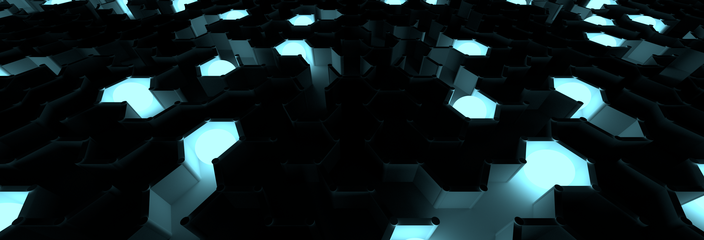...
| Carousel Image Slider | ||||||||||||||||
|---|---|---|---|---|---|---|---|---|---|---|---|---|---|---|---|---|
|
The images above show a box illuminated by a small light source inside a wall sconce. Because the sconce blocks much of the direct light, most of the illumination in this scene is indirect. Equal-time renders: The image on the left is rendered with only forward path tracing (mergePaths=0, connectPaths=0) with 2048 samples per pixel. The image on the right is rendered with bidirectional path tracing (connectPaths=1, mergePaths=0) with 600 samples per pixel.
...
| Carousel Image Slider | ||||||||||||||||
|---|---|---|---|---|---|---|---|---|---|---|---|---|---|---|---|---|
|
The left skull image was rendered using only forward path tracing (connectPaths=0, mergePaths=0) with 512 samples per pixel. Caustics are very noisy, and many fireflies are present due to the difficult to integrate lighting caused by the highly specular metallic skull. The right images was rendered using the full vertex connecting and merging algorithm (connectPaths=1, mergePaths=1) with 512 samples per pixel. Fireflies are almost nonexistent, and caustics are much better resolved.
...
| Carousel Image Slider | ||||||||||||||||
|---|---|---|---|---|---|---|---|---|---|---|---|---|---|---|---|---|
|
The two images above show PxrVCM images of some interesting caustics. The left image shows a glass lens bisected by a matte plane, and a perpendicular matte plane on the right. The light from the small light source is refracted by the lens, creating an elongated caustic on the matte surfaces. In the right image the lens is replaced by a glass sphere.
...
- PxrVCM does not explicitly support the ability to globally turn off caustic light paths (like PxrPathTracer does). However, by default your scene may render the same as if using PxrPathTracer. This is because lights control the tracing of these rays using the Trace Light Paths parameter which is off by default. You should selectively turn on this feature to produce the effects you need visually rather than having them all on which may prove costly and be more difficult to art direct. (LPEs can be used to remove caustic paths in PxrVCM but the calculation is still performed.)
- PxrVCM is less forgiving for having different numLightSamples than numBxdfSamples than PxrPathTracer. These two parameters should (nearly) always be set to the same value -- otherwise, unnecessary noise can appear.
- Due to the nature of bidirectional path tracing, PxrVCM does not expose any controls over the indirect ray sample count; all vertices generate at most one indirect ray.
- Rendering a crop window may result in a different quality render than a full frame render. This is because light paths are generated per-pixel and stored in a photon map. When rendering a smaller region, fewer photons are saved as a side-effect. In theory all the light paths could be generated but the impact on performance would begin to erode the benefit of rendering a small region of the final image.
...
For more information, please consult the relevant papers:
...

